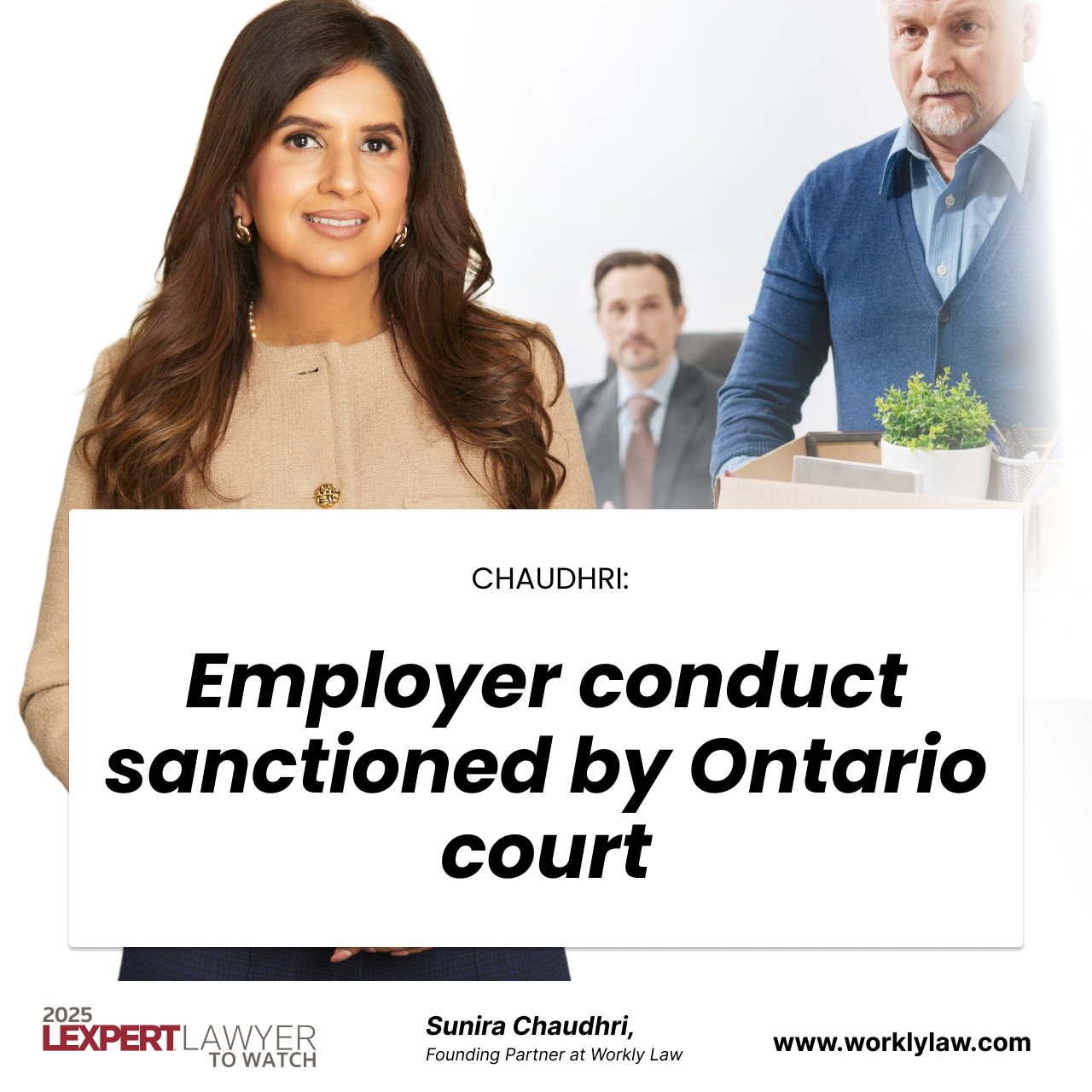Tiana Perricone
PERRICONE: How Diddy’s Recent Claim of an “All-You-Can-Eat-Buffet of Wild Lies” Relates to Employment Law
In the highly spoken about trial frenzy, Sean “Diddy” Combs was accused of sexual abuse against women and having “freak offs” with multiple participants, including singer and former partner Cassie Ventura. The jury found Diddy not guilty on one count of racketeering conspiracy and two counts of sex trafficking by force, fraud, or coercion. He was found guilty of two counts of transportation to engage in prostitution.ti
Diddy is now out for vengeance to protect his name. He recently refiled a defamation lawsuit against NewsNation’s parent company, Nexstar, seeking $100 million in damages. The lawsuit stems from allegations that Diddy engaged in the sexual assault and trafficking of minors, amongst other heinous acts.
The new lawsuit reads, “In this pitiful spectacle, all pretense of objectivity has been abandoned, as a global audience feasts at the all-you-can-eat buffet of wild lies and conspiracy theories”.
In Canada, defamation refers to the act of making false statements about a person that harm their reputation. It can take two forms: libel (written or permanent) or slander (spoken). To establish defamation, the plaintiff generally has to prove three elements:
-
The statement was defamatory;
-
The statement referred to the plaintiff; and
-
The statement was communicated to at least one other person.
Unlike in the U.S., Canadian law does not require the plaintiff to prove the statement was false. Instead, truth (or justification) is a defence available to the defendant. If the statement is substantially true, it is not defamatory.
In the employment law context, defamation claims can come to light in different ways. This can include job references, internal communications, or workplace investigations. Sometimes, a defamatory statement can lead to unfounded employee discipline.
Employers should be prudent in documenting facts (rather than speculation). This can be done by identifying witnesses or evidence, or putting the allegation to the employee for their response. Employers should train management on how to handle references for employees. Often, employers will have a policy that all employees are provided with neutral letters of employment upon departure (whether termination was occasioned by the employee or the business).
Employees should be aware that not every negative comment or performance review amounts to defamation. Employers can provide constructive feedback with an opinion, for example, if an employee is not “acting like a team player”. It is important that an employer has evidence to show on this point and use it as a way to enhance that employee’s performance.
Reputation is important to everyone, whether you are a celebrity or an everyday employee. If you are unsure about whether a communication might be defamatory, consult a lawyer.
Related articles
POWER: Ontario Minimum Wage Increase Effective October 1, 2025
Effective October 1, 2025, Ontario’s general minimum wage will increase to $17.60 per hour (up from $17.20). This annual adjustment is tied to the Consumer Price Index and affects nearly all employees covered by the Employment Standards Act, 2000 (ESA). For employers, this increase is a timely reminder to review pay practices, budgets, and compliance processes before the fall.
CHAUDHRI: Employer conduct sanctioned by Ontario court
Courts do not want employees to be 'starved' by employers in an effort to have them accept lower packages on termination


